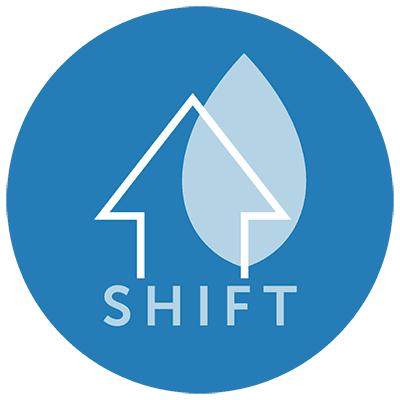
In 2019, as part of the European Green Deal, the EU announced the Corporate Sustainability Reporting Directive (CSRD) which has recently been approved and will soon require companies to publish detailed information on their environmental, social and governance impacts[1]. The CSRD is meant to improve accountability, achieve consistency in sustainability reporting and is intended to be fundamental in achieving a sustainable EU economy.
All large and listed companies (and subsequently, listed SMEs) in the EU are covered by the new rules, which replace the NFRD (non-financial reporting directive). The CSRD will be of relevance in the UK and other ‘third-countries’ as well; companies based outside of the EU with a subsidiary or branch in the EU (exceeding certain thresholds such as net EU turnover) are also covered by these reporting requirements.
It is noteworthy the extent to which organisations outside the scope of applicability (within and outside the EU) will likely be indirectly affected by this legislation, including via the standards of competitors but also throughout the value chain. The value chain is explicitly included in the scope of the reporting requirements, so that the impacts of an organisation’s products and services and supply chain must be identified and tracked.
An important component of our SHIFT environmental standard for social landlords includes engagement with the supply chain, which can help reduce environmental impacts in the wider sector. The CSRD will require that applicable climate change reporting always includes Scope 3 emissions, enabling a consistent and comprehensive analysis of organisations’ carbon footprints.
Time-bound targets will include absolute greenhouse gas emission reduction targets at least for 2030 and 2050. The disclosure must also describe progress towards those targets and whether the targets are based on conclusive scientific evidence.
At SHIFT we are firm believers that you can only manage what you measure and for our sustainability standard for the social housing sector we have developed KPIs and science-based targets covering the full range of environmental impacts. So, we were particularly interested to see the draft European Sustainability Reporting Standards (ESRS), the latest versions of which were published last month after a public consultation over the summer.
The ESRS includes five categories of environmental information: climate change, pollution, water and marine resources, biodiversity and ecosystems, and resource use and circular economy. The social categories are: own workforce, workers in the value chain, affected communities, and consumers and end-users. There is also a governance category on business conduct. It will be interesting to monitor how these baseline reporting standards impact the quality and consistency of ESG reporting across the economy.
If you would like or need to carry out environmental compliance reporting (for example ESOS, SECR, ESG) then please get in touch.
[1] Council gives final green light to corporate sustainability reporting directive – Consilium (europa.eu)
Image by Thomas Richter on Unsplash
